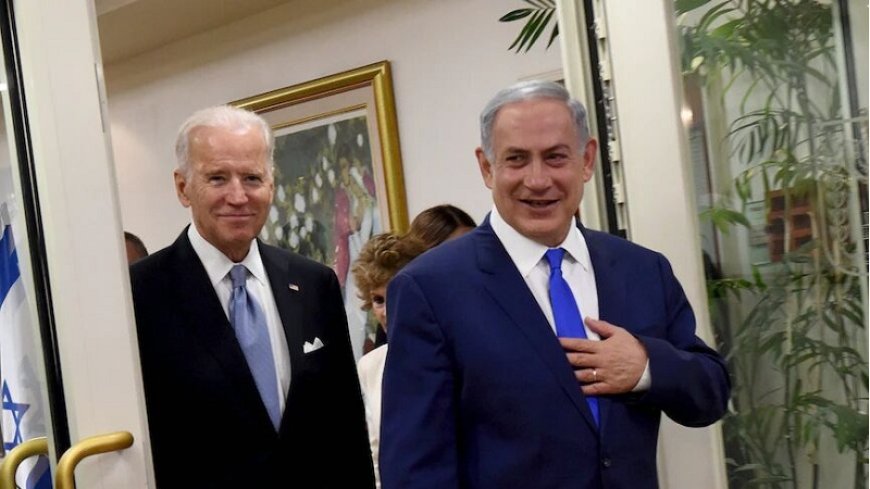America's Blackmail Around the World; You Can't Deal With War Criminals
Accassing Israeli Prime Minister Benjamin Netanyahu and former Defense Minister Yoav Galant of war crimes, crimes against humanity, and using starving as a weapon in Gaza, the International Criminal Court (ICC) issued arrest warrants on November 21. Increased tensions result from this action, which has generated worldwide discussion especially between the US and its European allies. Historically a fervent backer of Israel, the US administration has sharply denounced the ICC's ruling, stressing its resistance to the court's jurisdiction in this respect.

Accassing Israeli Prime Minister Benjamin Netanyahu and former Defense Minister Yoav Galant of war crimes, crimes against humanity, and using starving as a weapon in Gaza, the International Criminal Court (ICC) issued arrest warrants on November 21. Increased tensions result from this action, which has generated worldwide discussion especially between the US and its European allies. Historically a fervent backer of Israel, the US administration has sharply denounced the ICC's ruling, stressing its resistance to the court's jurisdiction in this respect.
A report in Lebanese newspaper Al-Akhbar claims that US reaction to the ICC decision has been even more forceful than that of Israel. American officials have vowed to punish nations that follow the court financially should they execute the arrest orders. According to sources, should Israeli officials be arrested, the US has even expressed the prospect of military intervention to release them. These comments highlight the great difference between US and European countries about ICC jurisdiction.
Prominent Republican voice Senator Lindsey Graham said that any ally—such as Canada, Britain, Germany, or France—who supports the ICC could suffer dire consequences. Speaking on Fox News, Graham said these countries will have to decide whether to support the court or the US. Senate Republican leader John Thune also expressed worries, implying the passage of legislation imposing penalties on the ICC should it continue with more actions against Israeli leaders.
Declaring the ICC had no jurisdiction over this matter, the US National Security Council restated Washington's position. Still, the US's response to international justice seems to be clearly biassed in two directions. While American officials earlier praised ICC sanctions against Russian President Vladimir Putin, MSNBC pointed out that the US has reacted shockingly differently to the court's decisions against Israeli officials.
Republican legislators are apparently drafting laws to punish the court officials as the US keeps opposing the authority of the ICC. These events have generated a lot of debate exposing the continuous conflict between the US, Israel, and international legal authorities as well as US foreign policy approach. The distance separating Washington from the ICC highlights a complicated geopolitical scene in which national interests sometimes collide with international responsibility.













































